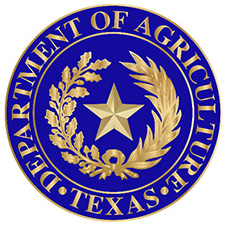Put ‘the food back into food aid,’ say grain millers
The 2023 farm bill should reverse the international trend toward cash donations for hunger relief, said the North American Millers Association on Thursday. In a three-page list of farm bill priorities, NAMA said it supports putting “the food back into food aid” programs.
U.S. will not allow negotiations on GMO corn
With a corn-state senator demanding speedy action, U.S. trade representative Katherine Tai said on Thursday that she would not allow a dispute with Mexico over genetically modified corn “to go on indefinitely.” A 30-day period for technical consultations between the nations, arguably the last chance to avert a USMCA trade complaint, expires on April 7.
USDA report highlights harms of seed consolidation
A new report released earlier this month by the U.S. Department of Agriculture finds that seed industry consolidation and restrictive intellectual property regimes are stifling small, independent, and public seed breeding programs.
TODAY’S QUICK HITS
Support for Torres Small: Five dozen food and agriculture groups urged the Senate Agriculture Committee to quickly clear for a floor vote the nomination of Xochitl Torres Small for Agriculture deputy secretary, saying she “has tirelessly served agricultural stakeholders and the American people for decades.” (Corn Refiners Association)
NRCS assistant chief named: Kenneth Walker, 70, a lifelong farmer and second-term member of the Mississippi House of Representatives, was appointed assistant chief of the Natural Resources Conservation Service. (USDA)
Innovative water funding needed: FAO Director-General Qu Dongyu said the lack of “adequate, timely, and innovative financial resources” was a major barrier to assuring water supplies for agriculture in a period of increasingly frequent and severe droughts. (Food and Agriculture Organization)
Limiting eminent domain: In a setback to carbon pipeline projects, the Iowa House of Representatives overwhelmingly passed a bill that requires pipelines to obtain voluntary easements for 90 percent of their routes before they can use eminent domain for the rest. (Iowa Capital Dispatch)











